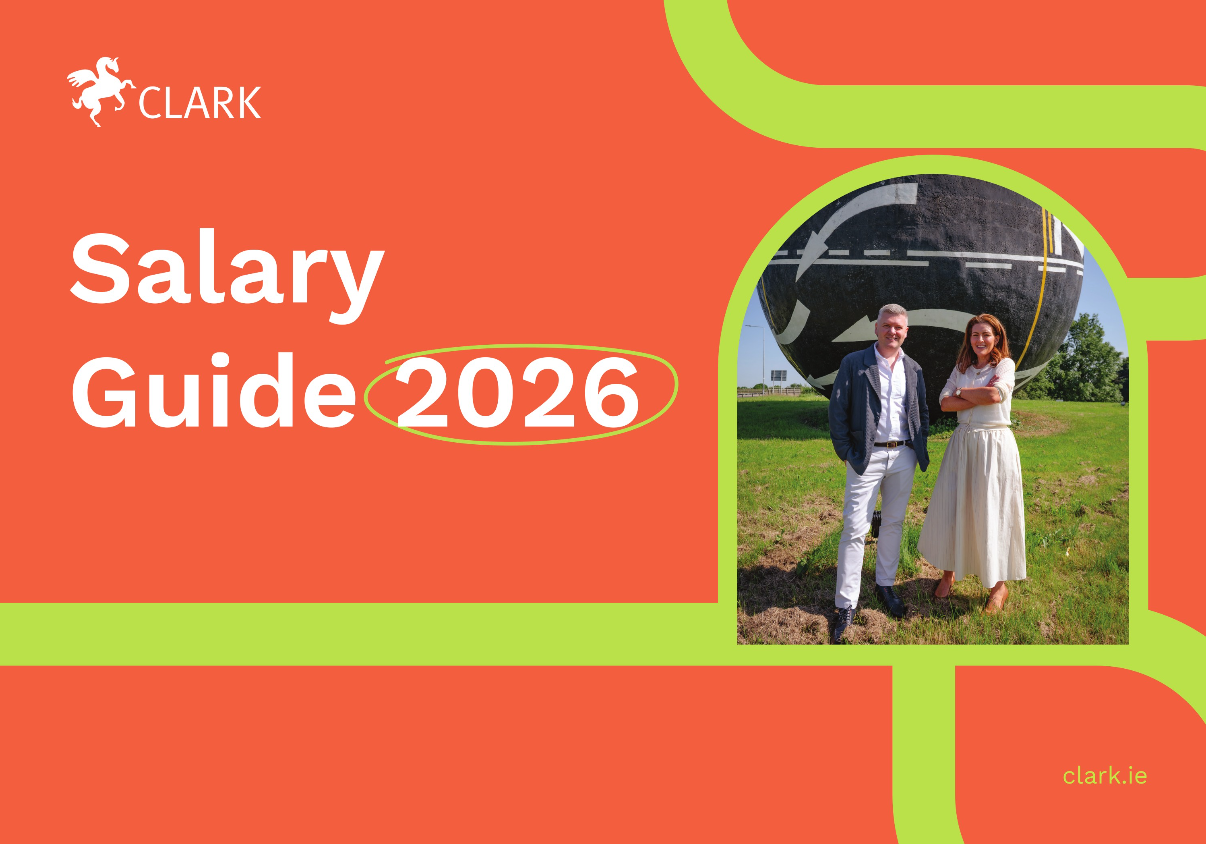
Diversity in the workplace delivers for the bottom line
People seeking out business partners and employees who share their traits miss out on quantifiable benefits, research shows
American economist Paul Gompers has put a lot of time into studying the impact of diversity on business. He has looked at its effect on innovation and on performance, noting that hard evidence of its connection to the bottom line is not easily come by as pinning down what drives corporate decision making, especially in large organisations, can be difficult.
What Gompers, who is professor of business administration at Harvard Business School, needed was a test group operating within more limited parameters. This led him to the US venture capital industry because it tends to have a flat structure dominated by decision makers and the consequences of their decisions are usually pretty clear to see.
Gompers also chose this sector because its gender and racial composition has changed so little in almost three decades, with women and ethnic minorities hugely under-represented. Interestingly, however, Gompers found that VCs with partners who had daughters were more likely to hire women than companies with partners who had sons.
During research spread over a number of years, the Harvard professor looked at the investment decisions made by thousands of VCs. His findings are revealing. The more alike the teams, the lower their investment performance.
The success rate of acquisitions and IPOs was on average 11.5 per cent lower where partners had shared educational backgrounds (a quarter of all VCs with MBAs were Harvard graduates) while shared ethnicity reduced the investment success rate by between 26.4 and 32.2 per cent.
Writing about his research in a Harvard Business Review paper co-authored with research associate, Silpa Kovvali, Gompers says, “Diversity significantly improves financial performance on measures such as profitable investments at the individual portfolio/company level and overall fund returns. And even though the desire to associate with similar people – a tendency academics call homophily – can bring social benefits to those who exhibit it, including a sense of shared culture and belonging, it can also lead investors and firms to leave a lot of money on the table.”
To read the full article please click:
 Kildare:
Kildare: 









